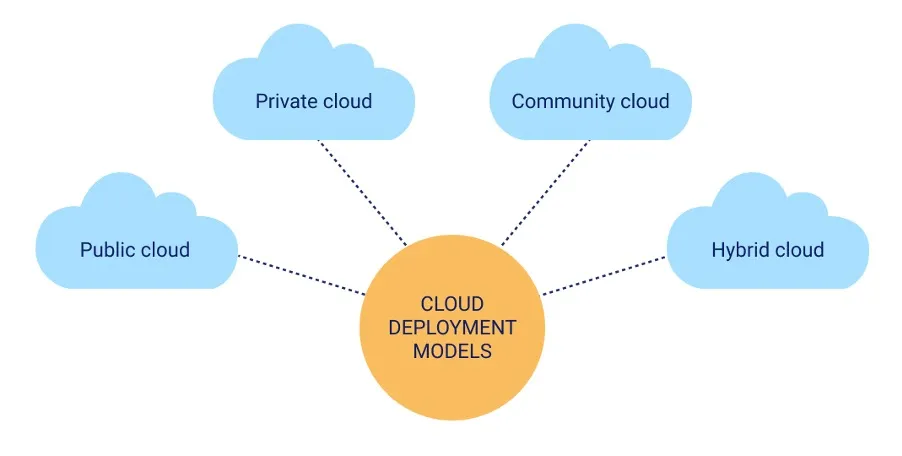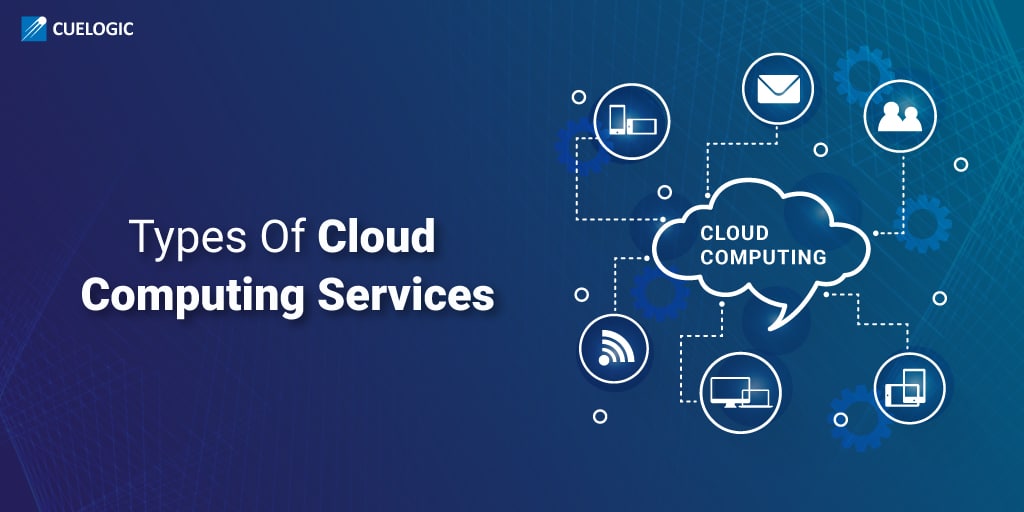The IT industry has witnessed the growing trend of cloud computing. On a general basis, the term is often used by tech giant companies, experienced officials and IT businesses. Recently, the concept of cloud computing has proved to be overtly advantageous since it provides flexibility, increases proficiency, reduces IT expenses and enhances scalability.
Choosing the best cloud computing alternative is very important and can often prove crucial for your company. Perhaps, this is why it is necessary to know the minute details about it and understand the prevalent models or types of it. Here is a guide to all the types of cloud computing deployment.
I. PRIVATE CLOUD
As the name depicts, the Private Cloud service is intended for single/personal use. Usually, the resources associated with it are found with the third party vendors as the providers detach the computer resources through a private, secure network that cannot be shared with other clients. The private cloud solution is the single model which is located within the company’s network. What’s best about it is that it provides private exposure only.
Advantages of Private Cloud
1. Legacy app support
2. Easily scalable
3. The high availability initiates the need for an extra resource base.
4. Public cloud providers have in-built apps and services preferred for IT and business operations.
5. Predictable computing requirements lower possible downtime.
Disadvantages of Private Cloud
1. Demands highly skilled experts
2. It’s a costly venture.
3. Not suitable for short term usage.
4. Restricted access for mobile users.

II. PUBLIC CLOUD
The Public Cloud is the most common type of cloud computing which gives the public access to various resources through the web. The resources of every public cloud provider can vary as the functionality is often different. Public cloud solutions provide scalability and elasticity cost-effectively. In a Public Cloud, the service provider externally deals with a multi-tenancy model and fulfills all the hard elements through it.
Advantages of Public Cloud
1. Easy accessibility of it online.
2. It is highly scalable.
3. The usage and setup demands less technological knowledge as well as skill.
4. PAYG pricing model helps determine the cost level and helps in budget formation.
5. High availability helps you fulfill extra resource demand easily.
Disadvantages of Public Cloud
1. Infrastructure control is restricted.
2. Security needs are partially acclaimed.
3. The ownership cost is inconsistent; often surpasses the budget.
4. Can’t totally support the industry standards, legal needs and needs of government policies.
5. The service provider may limit the use of their software and hardware.
III. HYBRID CLOUD
The Hybrid Cloud is a combination of both private and public cloud solutions which is powered by integrated infrastructure. Here, privatisation of sensitive applications take place but the common service hostings operate in the public cloud. This is why it is an accumulation of both single and multiple tenancy models with both public and private exposure. Both the service provider and the company deal with the hybrid cloud and each of them offers some hardware elements. According to research, 45% of enterprises mark hybrid cloud as their top priority as well as preference.
Advantages of Hybrid Cloud
1. It is completely authentic as well as reliyable.
2. A user can utilise both cloud native and legacy apps.
3. Costs are lower than a private cloud solution.
4. Offers more scalability and flexibility than complete private cloud apps without disturbing security.
Disadvantages of Hybrid Cloud
1. Is costlier, when compared to public cloud.
2. Needs powerful compatibility and integration between the combination of public and private data centers.
3. Infrastructure becomes complicated due to involvement of both private and public clouds.
4. Needs high-end tech expertise for establishing, handling, and maintaining the solution.

